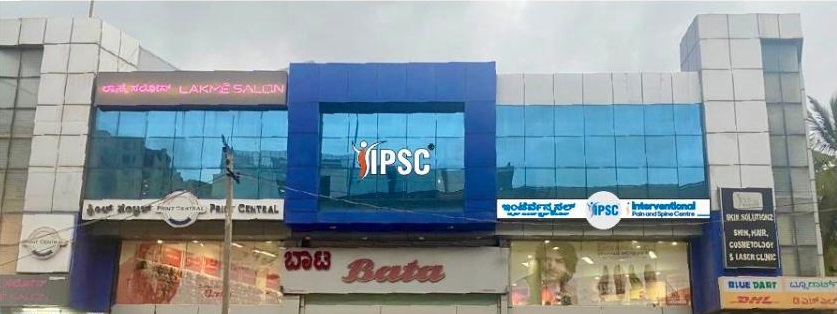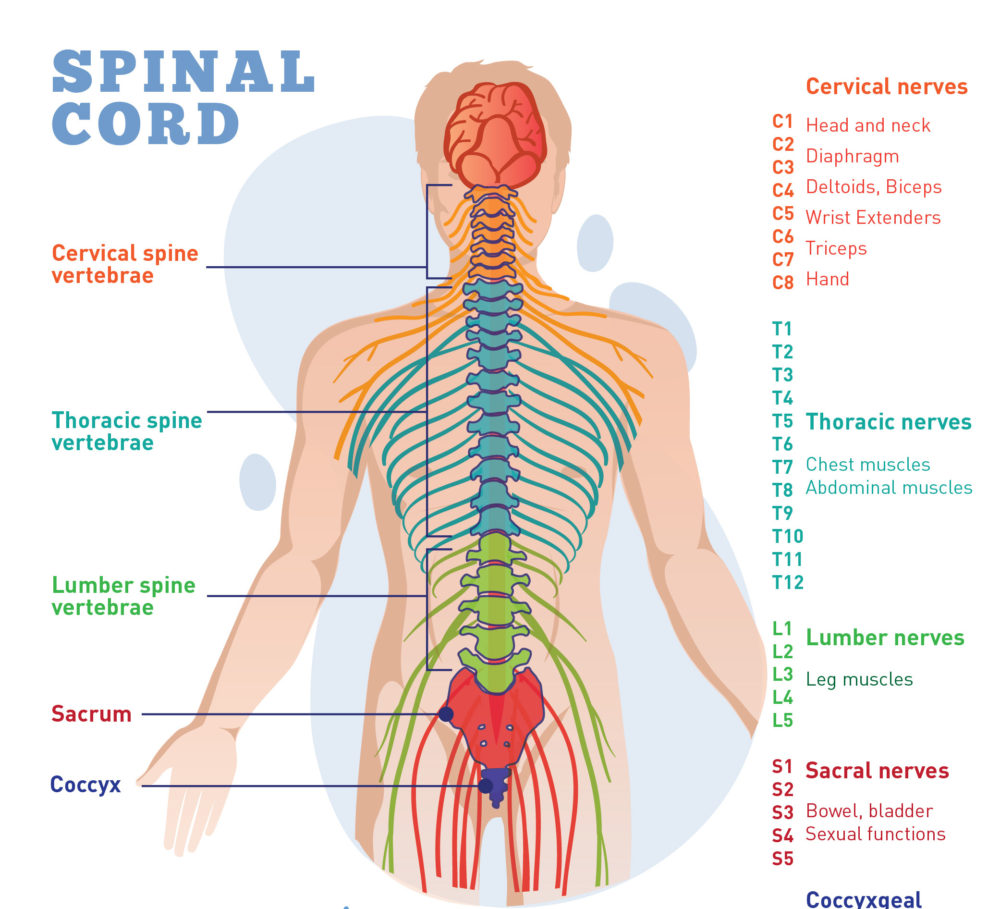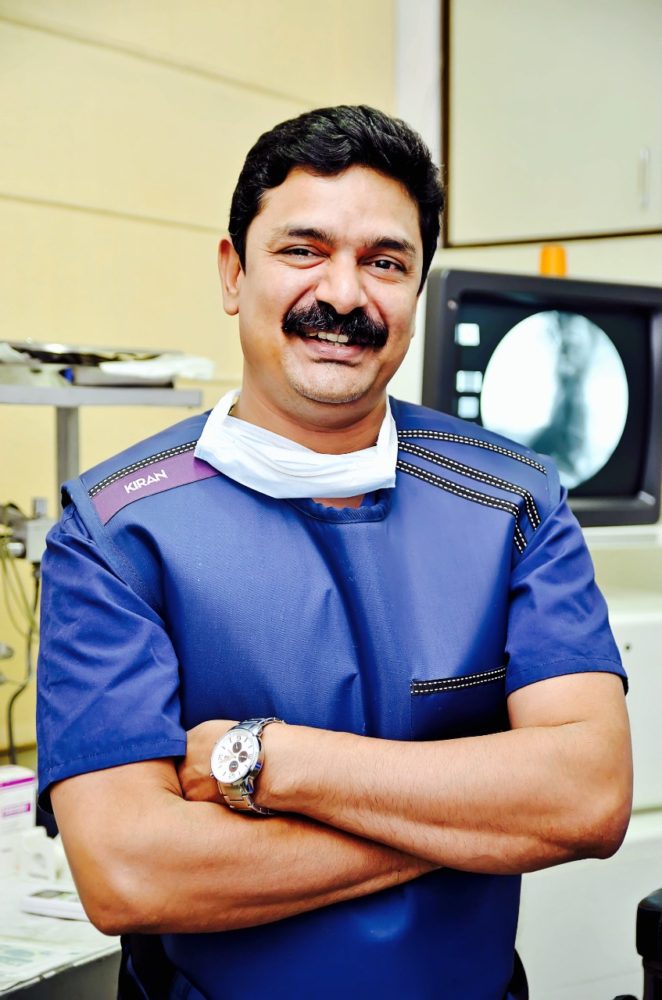Medical & Pharma
IPSC Specialty Centre for Spinal and Chronic Pain Launched in Bengaluru

- The city gets a dedicated facility for the treatment and management of spinal and chronic pain with minimally invasive and target specific techniques that offer much less risk and trauma than conventional surgery
- Most procedures at IPSC can be done in a day-care setting at half the cost compared to large hospitals. Patients can go back home the same day
- Over 19% of Indian population suffers from chronic pain

Interventional Pain and Spine Centre (IPSC), a chain of single-speciality centres offering state-of-the-art spine care and chronic pain management with less invasive techniques, has launched its first centre in Bengaluru on Bellary Road at Shahkara Nagar.
The new facility, equipped with modular operating theatres, is staffed with pain specialists skilled in minimally invasive techniques for the management of chronic pain of all types, including joint pain (knee, shoulder, neck, etc.), low back pain, slipped disc, spondylitis/sciatica, neurology pain, migraine, facial pain, rheumatic pain, and cancer-related pain.
It also offers capabilities in the prevention and management of sports-related injuries. The Centre’s regenerative department uses natural cells of the body to repair damaged tissues.

Dr. (Maj) Pankaj N Surange, Managing Director and CEO, IPSC said, “IPSC offers minimally invasive and targets specific techniques with much less risk and trauma than conventional surgery for the management of spinal and chronic pain.
For most cases of chronic pain, less invasive interventions are better alternatives to open surgical methods.”
“They are also much safer and don’t require hospital admission. Since most of the procedures can be done in a daycare setting, we can reduce their cost to almost half compared to large hospitals. Patients can go back home the same day.” He added.

Dr. Swati Bhat, Director (South) with IPSC and Head, IPSC Varsity, said, “A facility like IPSC is much needed in Bengaluru. A 2018 survey of 20,000 patients with back pain from Indian metro cities estimated that 46% of Bengaluru’s population in the younger age group suffers from spinal problems.
This is among the highest incidence in the country. About 43% of patients neglect their pain for more than 7 weeks, leading to delayed treatment and increased risk of surgery.”
“With a better understanding of chronic pain and technological advancement, pain physicians can now control chronic pain adequately and cure it in most cases. However, it is the responsibility of the doctors to treat acute stages of pain promptly to prevent patients from sliding into chronic pain.
Interventional pain management helps treat the exact cause of pain with minimally invasive and non-surgical techniques. Early interventions not only relieve pain but also reduce morbidity and improve quality of life.”, Dr. Swati Bhat further added.

Talking about the various treatments available at IPSC, Dr Renu Dadiala, Consultant, Sports Medicine, and CentreIn-Charge, IPSC Bengaluru, said, “Patients suffering from back pain, slipped disc, disc bulge, sciatica etc. are treated with less invasive techniques like ozone discectomy, percutaneous disc decompression and endoscopic discectomy where a small scope is inserted to remove the herniated portion of the disc.
Patients suffering from arthritis of the joints are managed with regenerative interventions in their early stages to prevent progression.”
“Pain in advanced arthritis of the knee, shoulder, hip and spinal joints is managed with radiofrequency procedures. Nerve pain, including neuralgia and neuropathic pain, is managed with medication and neurolytic procedures.
All these procedures are done under local anaesthesia and patients are discharged the same day.”, She added.

Dr Namrata Dabas, Consultant, Pain and Regenerative medicine, IPSC said, “A study about the incidence of chronic pain in India estimated a population prevalence of 19.3%, with 33% of responders reporting inability to do routine work.
Pooled data from multiple developing countries have shown a prevalence of 18%. There is a higher prevalence of chronic pain in females (25.2%). Pain prevalence increases steeply beyond the age of 65 years.”
“A study from eight cities across India showed that the mean intensity of pain on the Numerical Rating Scale was 6.93, which means higher than moderate to severe intensity of chronic pain. Respondents with chronic moderate and chronic severe pain were 37% and 63%, respectively.
Pain in knees (32%), legs (28%) and joints (22%) was the most prevalent. People with chronic pain were no longer able to exercise, sleep, maintain relationships with friends and family, or lead an independent lifestyle.”, She added.

Dr Om Prakash Gupta, Head – Spine Surgeries, IPSC said “Chronic pain is emerging as a significant public health problem. It will exert an increasing social and economic toll in the next two decades in the country with significant spending on surgical treatment and hospitalization.
Chronic pain has a serious impact on work and daily life function, with increasing loss of work-days associated with chronic pain conditions, especially low back pain. Chronic pain usually does not occur in isolation. There are often multi-morbid mental and physical health problems.”
“The global prevalence of chronic pain is increasing. In 2018, the Lancet Low Back Pain Series Working Group identified a global problem of mismanagement of back pain and called on the WHO to increase its attention on the burden of low back pain.
According to a study published in the British Medical Journal in 2016, about one-third to half of the population in the UK suffers from chronic pain. The commonest cause of chronic pain worldwide is spinal pain and joint pain.”
“Arthritis, degenerative conditions of the spine and cancer pain are the most common contributors. Obesity and diabetes are inherent in Indian genes, putting the Indian population at a higher risk of complications, such as peripheral neuropathy, stroke, ischemic vascular disease and deep vein and pulmonary thrombosis, due to patients’ inactive lifestyle because of chronic pain.” He further continued.
MEDIA RELEASE





























